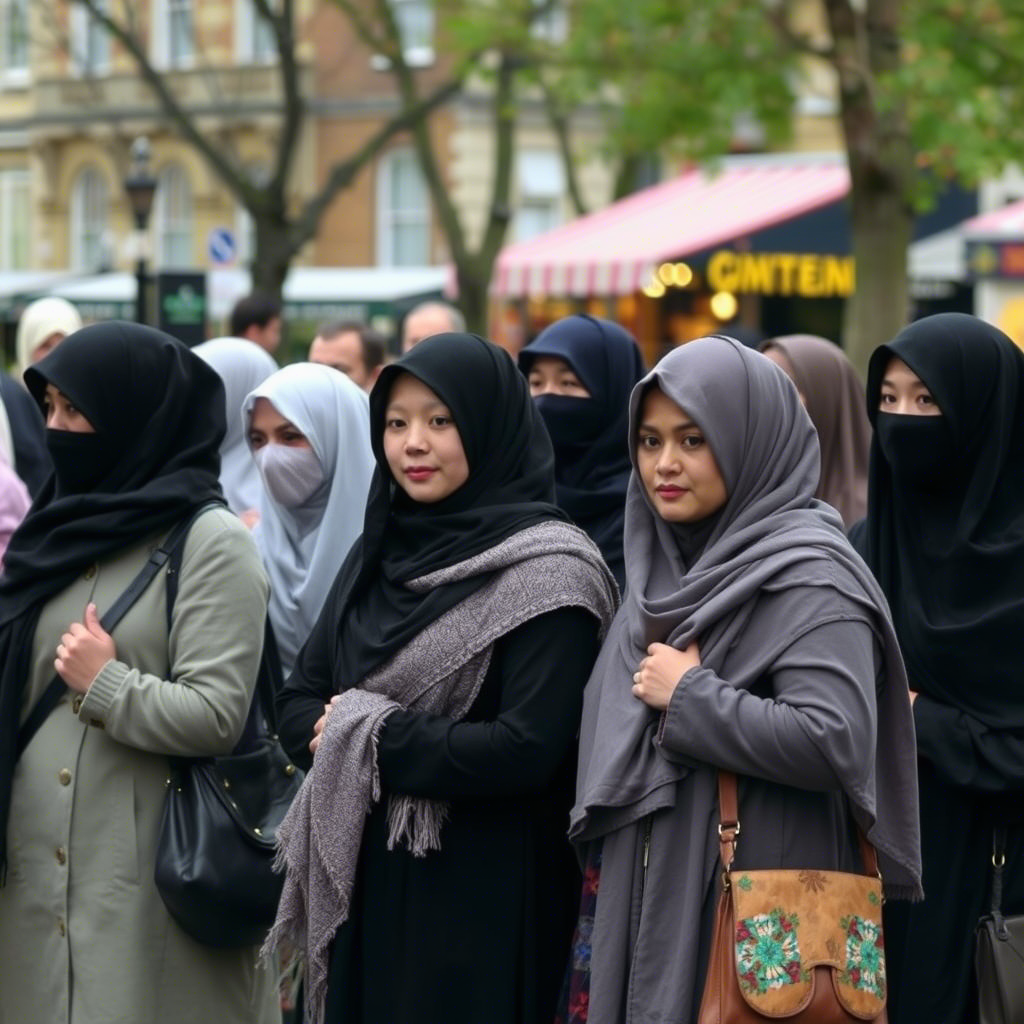A recent UK survey has revealed a striking divide in public attitudes toward the hijab, with 49% of Britons believing Muslim women face social or family pressure to wear it.
These findings, released alongside the annual gathering of the Muslim Council of Britain, highlight the gap between mainstream perceptions and the lived experiences of many Muslim women. While nearly half the population views the headscarf as a sign of coercion, prominent figures like Dr. Manal Chowdhury—a physician and social activist—describe it as a conscious choice and a source of empowerment.
Speaking at a major event attended by thousands of Muslim women, Dr. Chowdhury emphasized that the hijab represents not a restriction but a means of expressing religious identity and resisting stereotypes. “It gives me a sense of freedom and security,” she said. “This is my right to define how I present myself.” The gathering provided a platform for Muslim women to share personal stories, demonstrating that for many, the hijab is a deeply personal decision rooted in faith.
Yet the survey results suggest lingering skepticism in British society. Critics argue that while many women choose the hijab freely, cultural and social pressures in some Muslim communities cannot be ignored. They contend that fear of ostracization or family expectations may influence some women’s decisions, calling for greater scrutiny to ensure genuine autonomy. On the other side, Muslim advocates warn that framing the hijab as inherently oppressive fuels Islamophobia. They stress the importance of listening to diverse voices within the Muslim community rather than applying blanket assumptions.
Notably, the number of hijab-wearing women in Britain has risen in recent years, with many excelling in academia, politics, and professional fields. Experts suggest that bridging this perception gap requires more dialogue between Muslim and non-Muslim communities. Increasing awareness about the varied reasons women wear the hijab—from personal conviction to cultural tradition—could foster better understanding.
The survey underscores that the hijab remains a polarizing issue in Britain, demanding nuanced discussion. Perhaps the most meaningful step forward is amplifying the voices of hijab-wearing women themselves—moving beyond stereotypes to grasp the complex realities behind this visible symbol of faith.
The Independent


